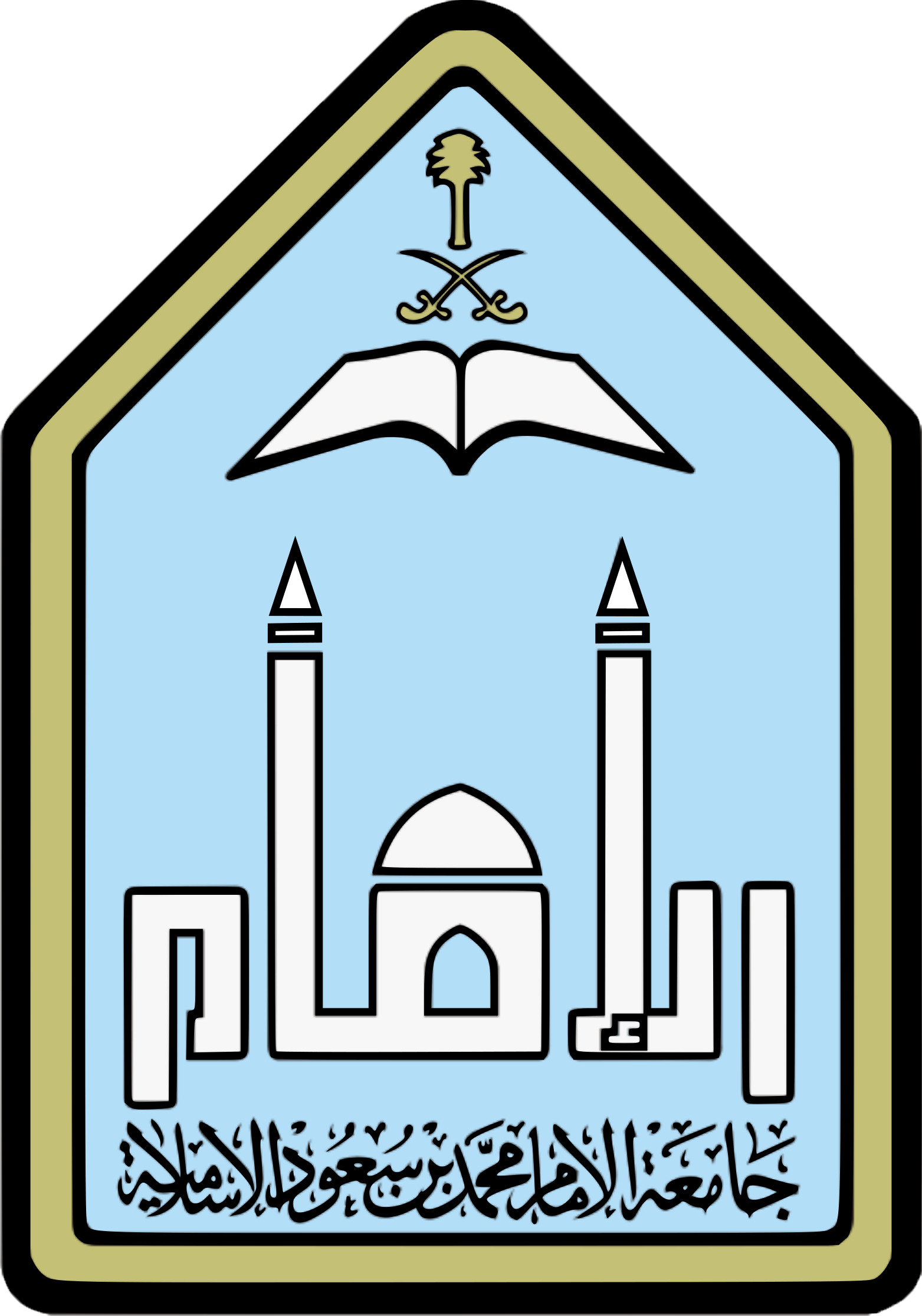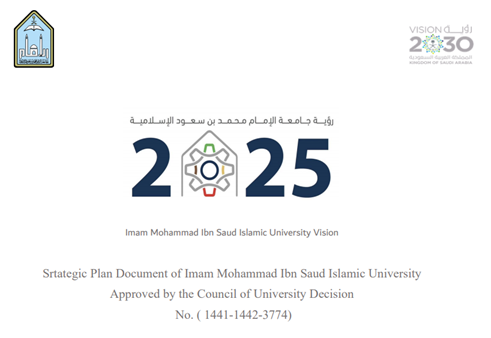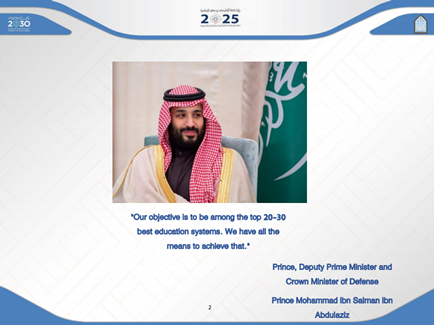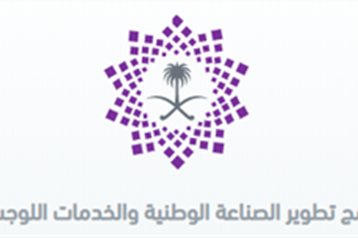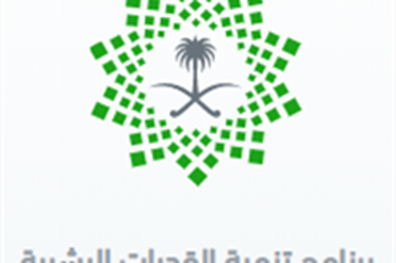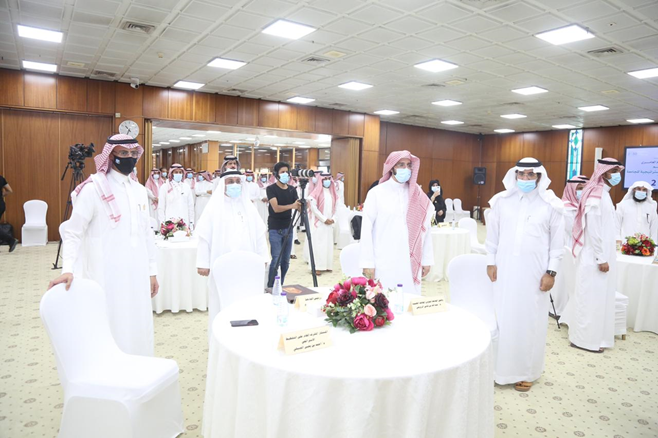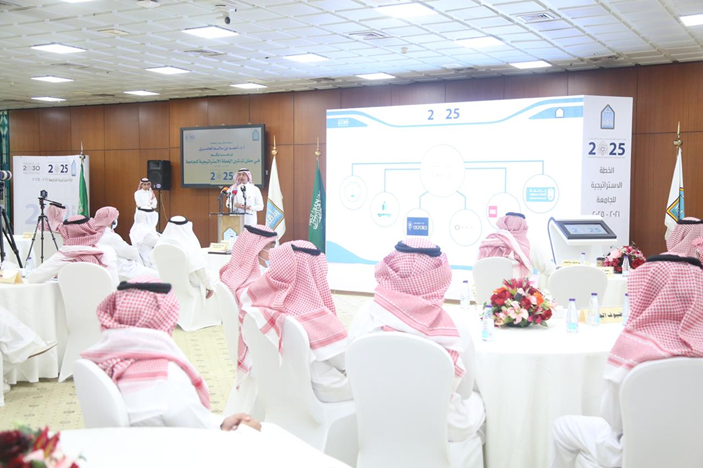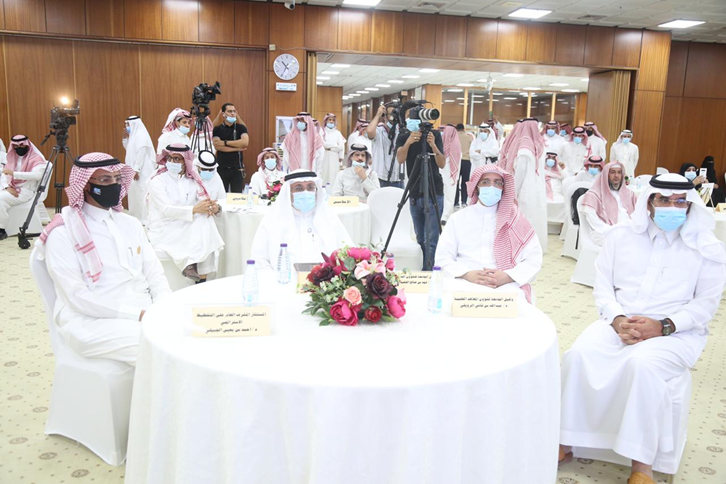Education for SDGs in the wider community
Based on the vision of the Kingdom of Saudi Arabia 2030 and the university's ambitious endeavor to improve its performance and programs and achieve the goals entrusted to it, and the awareness of the University Agency for Planning, Development and Quality of the importance of this, and keeping pace with modern trends in the university teaching and learning process and acquiring academic and administrative staff skills, experiences and knowledge more effectively.
In pursuit of the Skills Development Center in carrying out its role and tasks to develop and develop the various skills of the university's employees in various fields, namely (teaching and learning, scientific research, academic leadership, information technology), the center, praise be to God - Almighty - implemented (14) qualitative training courses during the first quarter of the year 2023, including (10) courses targeting faculty members at the university, and the number of beneficiaries reached approximately (1155) trainees and (4) courses targeting administrators at the university, where the number of beneficiaries reached Approximately (1193) trainees.
The center's efforts are still continuing, God willing, to achieve its plans drawn for it according to the support and guidance it finds in order to achieve the university's goals and strategic plan (2021/2025).
Dr. Naila bint Misfer Al-Qahtani, Director of the Skills Development Center at the University, indicated that these courses come based on the support, guidance and interest of His Excellency the President of the University in developing the university environment, expressing gratitude and sincere thanks to His Excellency the President of the University, Prof. Dr. Ahmed bin Ali Al-Ameri, for his continuous support and keenness, and thanks are extended to His Excellency the Vice President for Planning, Development and Quality, Dr. Abdullah bin Abdulaziz Al-Sheddi, for following up on the progress of the Center's work, as well as to His Excellency the Deputy Director General of the Center, Dr. Abdullah bin Hamoud Al-Dosari and all the employees of the center, including male and female employees, for their fruitful efforts, asking God Almighty to enable the center to carry out its duty in serving our dear country, achieving the aspirations of our leaders and governors, and contributing effectively to achieving the vision and mission of our ancient university, and improving the quality of the learning, academic and administrative environment, the quality of university learning outcomes, and building a contemporary university community that possesses modern knowledge and skills, which qualifies the university to compete at the local and global levels.
The Vice Dean of the College of Media and Communication, Dr. Nouer Al-Shammari, opened the (seventh) exhibition of the College of Media and Communication in the college building (325) in the celebration hall, which will be held on Sunday, June 4, from 11-2 pm, where the exhibition aims to display the projects of the "seventh" batch colored by the spectrum of digital development and sustainability to achieve the goals and initiatives of Vision 2030 for our beloved Kingdom of Saudi Arabia.
The Vice Dean began her tour of the exhibition and then the distinguished projects were reviewed with about 6 projects, which included a visual and audible presentation by project members, modern technologies and the groups they serve, and the Vice Dean expressed her praise and admiration for that, and Dr. Nouer Al-Shammari delivered a speech on this occasion, saying, "The College of Media and Communication, under the guidance of His Highness the Dean of the College, Prof. Saad Al Saud, and all its departments, is keen to give the graduation project decision great importance, to what they have studied during the past four years, so that the course is an exceptional station that helps them To build and develop ideas and apply them on the ground. The graduation projects in the college are characterized as practical and media projects and solutions that benefit society, and integrate creative thinking and advanced skills, which were based on prior plans that adopted the basics of scientific research and teamwork and media skills so that the student can develop herself and become able to contribute effectively to the labor market, and serve our dear country in various media fields in line with the directives of our wise leadership.
On the occasion of the inauguration of this year's (seventh) exhibition, she thanked His Excellency the President of the University, Prof. Ahmed Al-Ameri, and Her Excellency the Vice President for Female Student Affairs, Prof. Nouf Al-Ajmi, for their distinguished support to the educational process at the university and the college, and for their support for graduation projects and their practical demonstration in the university's facilities and various activities.
And thanks and appreciation to the Dean of the College, Prof. Saad Al Saud, for directing the fruitful and his continuous follow-up of everything related to the educational process, supporting and developing it, and his interest in outputs and projects, and his keenness to develop students' skills to meet the needs of the Saudi labor market, and thanks are extended to the colleagues, vice deans of departments and supervisors of graduation projects for their distinguished effort in achieving the college's mission to transform scientific knowledge into applied, while serving the university community and its employees and affiliates, and concluded her speech by thanking the college students for the fruitful and elaborate effort that emerged in the This year, I prayed for them to help and pay in their working lives after graduation to be the best ambassadors for the leading university."
At the end of the exhibition, Dr. Noir thanked those who contributed to the success and excellence of the exhibition.
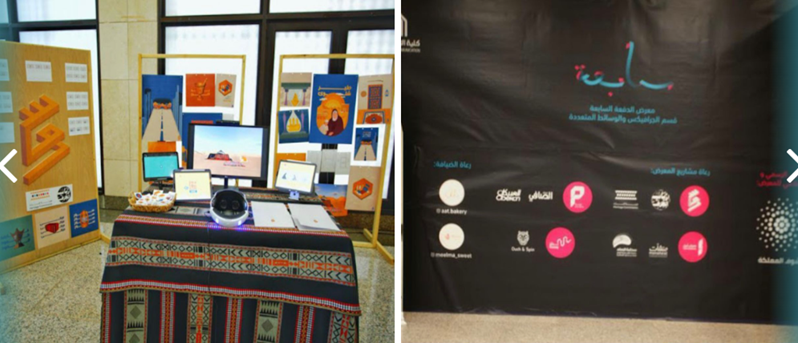
In an interaction with the call of a number of executive programs for Vision Kingdom 2030, the Office of Vision Achievement at Imam Mohammed Bin Saud Islamic University has raised a number of initiatives that contribute to achieving the Kingdom's Vision 2030 on the following programs:
Human Capacity Development Program
National Industry and Logistics Development Program
Quality of Life Program
These initiatives were presented in coordination between the Office of Vision Investigation and university units, and with a large work from the Project Management Office of the Pre-Vision Investigation Office to fill out the models properly and ensure that the initiatives are aligned with the objectives of The Kingdom's Vision 2030 associated with these programs.
This comes in response to what was presented in the university workshops and vision 2030 programs and accompanying the meeting of university leaders held at Princess Noura Bint Abdul Rahman University under the auspices of His Excellency the Minister of Education Dr. Hamad bin Mohammed Al Sheikh on Saturday, May 14, 1441 Ah, February 8, 2020, which was implemented by the Office of Vision Realization at the Ministry of Education, where the Office of Vision Realization - Imam Mohammed Bin Saud Islamic University - represented the University in this meeting.
Imam Mohammed Bin Saud Islamic University announced the launch of its strategic plan 2021-2025, after developing its vision and mission to adapt to the aspirations of the good leadership and Saudi vision 2030.
This strategy seeks to provide outstanding academic programs and the production of qualitative research, through a stimulating environment, computerized management systems, advanced technology, sustainable resources and effective partnerships, in order to achieve competitive outcomes that meet the needs of the labor market, and contribute to building the national knowledge economy and community service. The university based its strategic plan on six main themes:
1- Teaching, learning and defamation.
Research, innovation and entrepreneurship.
Partnerships and community responsibility.
Institutional excellence.
Financial sustainability.
6. National awareness.
The university's (new) objectives were formulated in accordance with the ambitious strategic vision, to emerge from these objectives, several qualitative initiatives that will move the university - God willing - towards competitiveness and local and international excellence in education, research and innovation, financial sustainability, excellence in institutional performance, governance of procedures, strengthening the moderate national personality, suppressing extremism and partisanship, and this plan was based on achieving a number of priorities through excellence initiatives based on strengths, opportunities and possibilities;
His Excellency the President of the University, Prof. Dr. Ahmed Bin Salem Al Ameri (Chairman of the High Committee of the Strategic Plan Committee of the University) stressed that the objectives of the plan are: to create competitive educational outcomes qualified knowledge and laboratories that meet the needs of the labor market, scientific research that contributes to knowledge progress and meet the needs of national development, innovative and pioneering outputs that contribute to the knowledge economy, achieve sustainable development, build partnerships and active community and national contributions, enter into distinct global partnerships and have an effective impact, achieve excellence Founders achieve efficient spending and effective performance, creating sustainable financial resources and high spending efficiency for the university through diversification of investments and self-revenues, building companies and establishing university endowments.
His Excellency noted that Imam University was able to build its strategic plan and ambitious future initiatives in the hands of its children with competencies, expertise and administrative and educational staff at the university, where it formed many committees, including supervisory committees and working ones, as well as formed a team of strategic plan to conduct field analysis studies of the external and internal environment, reference comparisons, and work on a number of meetings with leaders and academic and administrative staff and students, as well as with beneficiaries outside the university and in particular Partners from government institutions and employers in the private sector.
His Excellency the President of the University showed the use of the methodology "Pfeiffer" to build elements of the strategic plan, apply the model "SWOT" for environmental analysis, and then divide the work into three stages including: planning the plan, analysis and construction, supporting the implementation of the plan, and was aligned with the objectives of Saudi Vision 2030 and the objectives of the Ministry of Education in the field of higher education, and analysis of a number of references, reports and global trends such as: UNESCO Plan 2030, McKenzie's study of future institutions, international university classification organizations, international trends in education, recommendations of the National Center for Evaluation (NCAAA), the university's previous strategic plan, and the evaluation of university outputs in previous years, and several reference comparisons with distinguished universities and their strategic plans at the national and international level.
His Excellency pointed out that the University - through this plan and strategic vision - will move to a new stage that meets the aspirations of the guardians of this blessed country, and contributes to the achievement of Saudi Vision 2030, as it meets the aspirations of its employees through progress and institutional excellence, transparency and strengthening moderation and moderation, building personality and promoting belonging and patriotism. His Excellency also pointed out that the plan will not remain locked in drawers, but will carry every official in the university a portfolio that includes a number of goals and initiatives, and follows up with specific performance indicators, and will be followed by His Excellency electronically through electronic systems and the office of implementation of the plan, and explained that the last stage was for construction and planning and naturally that the stage of change will face some resistance, and the plan included a methodology to manage risks and challenges, and it is time to start the train of change for the better through this promising plan, and pointed out in his speech That the university will enable moderate national competencies - only - to implement this ambitious plan, expressing optimism that its fruits will soon come to fruition - God willing.
Coordinated by the Office of Transformation Management, 895 students completed the "Future Career Path Essentials" graduate program in its second full-language version in Arabic. The program targets university students who are coming to graduate in their last two years of university, to prepare and support them in developing their careers, and to provide them with the tools to succeed effective future leaders in competitive work environments, and is designed in partnership with the leading American professional training company Full bridge, to provide aspiring students with the ability to improve their abilities and skills in capturing career opportunities, and to succeed in developing their careers and providing them with these skills through a remote training program (through the Internet).
The participation and completion rate in this second edition of this program is three times higher than the first version, which was in English, where the office of transformation management announced the program in all the university's media platforms and applications were received and transferred to the musk charitable foundation supervising the program.
This program is one of the fruits of constructive cooperation between imam Mohammed bin Saud Islamic university and the prince Mohammed bin Salman charitable foundation (musk) under the cooperation agreement signed between the two parties.
The office of vision realization at imam Mohammed bin Saud Islamic university is pleased to announce the opening of initiatives on two operational programs of Saudi Arabia vision 2030, the human capacity development program and the privatization program.
The deadline for submitting initiatives will be on Sunday, 13 February 1441, November 10, 2019. the application is done by filling out the form (set to download the form) and send it to the university's vision investigation office on e-mail vro@imamu.edu.sa
We would also like to recall the most important reasons for accepting initiatives:
The initiative should contribute to one of the strategic objectives (level 3 goals) of vision 2030.
Ensure that the initiatives submitted take on a national dimension and are not limited to the level of the sector.
To provide solutions that are in line with global trends and take into account the future need.
To contribute to the involvement of the private sector in development.
You can be guided by the following file for information on the kingdom's vision 2030 and the human capacity development and allocation programs (click to download the file).
The office vro@imamu.edu.sa of vision investigation would also like to emphasize that all its capabilities are being used to help you with everything that will provide your initiatives in the best possible way.
